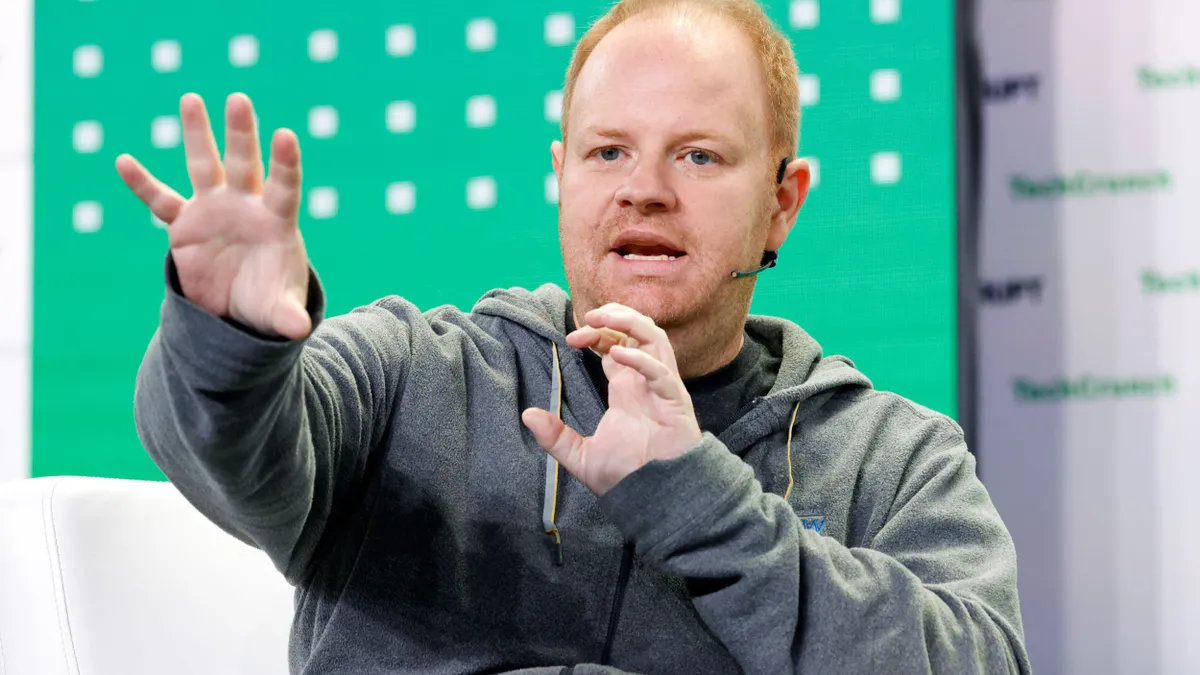This feature is part of a series focused exclusively on people analytics. To view other posts in the series, check out the spotlight page.
Given the importance of talent in driving business success today, employers who harness the power of workforce analytics will be able to gain a critical competitive advantage — the elusive dream of not only HR, but also of business leaders in a world where it is harder to sustainably differentiate.
While leaders often have a strong sense of some of the drivers of talent outcomes, they also can miss critical opportunities to more effectively manage talent that analytics can uncover for them, according to Helen Friedman, Global Leader, Human Capital Analytics, at Willis Towers Watson.
As a result, shortcomings emerge within employers who struggle to:
- Retain senior leaders that they bring from the outside (at typically significant organizational investment);
- Attract data scientists and digital talent that is in high demand and short supply across most industries;
- Drive engagement in key customer-facing resources and the like.
"These are all symptoms that can be evaluated by an analytics 'doctor,' Friedman says. "If you had a serious health issue, would you really trust your intuition and prior experience or would you want to consult with an expert?"
Why data science talent may not be for you – yet
HR struggles to find experts and hire them (if that's the goal) for a number of reasons, Friedman explains. For one, this area of expertise wasn't prevalent or even valued in HR until relatively recently, so true analytics experts in the HR discipline are few and far between. And second, such experts are often poached by other areas of the business due to potentially higher pay, career disparities and "feeling like an island" — these groups tend to be quite small and individuals tend to want to collaborate with other analysts, she explains.
"It's worth noting that bringing in someone strong in AI/machine learning has a time and a place for employers," she says. But if an HR leader is just trying to drive consistency in data tracking and reporting, hiring a data scientist is premature. They may not engage because they will be spending their time trying to deal with data issues rather than harnessing that information to drive insights for the organization.
"That's like buying an expensive car when you only need to go one mile to the store and back," Friedman says.
Her view is to "think non-traditionally" when it comes to using the skills of data analytics experts — and only hire them for staff positions them when you are really ready to fully use their skillset.
"There are many analytical experts in other disciplines, who in partnership with someone with a strong strategy and HR background and analytics predisposition can make meaningful progress for your organization," Friedman says.
Developing internal talent
Usha Mirchandani, leader, Talent Analytics, Aon Hewitt, says that if you look at the profile of HR people, you almost always see seasoned individuals who understand factors such as people behavior and team dynamics really well. In those cases, they use their "gut and intuition" to organize the workforce and by and large make good, solid decisions.
But what Aon Hewitt is seeing today is that HR can no longer afford to depend on intuition and broad, sweeping generalizations in managing talent effectively.
"Rather, HR leaders must really start to focus on talking about tangible outcomes that they can deliver," she says. "Regarding analytics, there is a need to couple that discipline with HR pros who understand people data as well. You need to combine these radically new skillsets with people who understand people data, or you won't succeed."
Rather than hiring external data analytics scientists, however, Mirchandani is seeing HR organizations among its client base both in the U.S. and globally seriously focus on internal development for analytics talent.
"They are sending their teams to 'analytics boot camps,' " she says. "HR people going out to take up training programs in analytics." In fact, some Aon Hewitt clients are actually helping her build out a boot camp in the area of analytics for their HR people, Mirchandani says.
"We are seeing a renewed emphasis on hands-on, very focused analytics boot camps across different clients of very varying sizes," she says, noting that she's working with clients with several thousand employees all the way up to organizations with 85-90,000 employees who are using this strategy to boost their analytics acumen across the HR department.
One employer, for example, has 150,000 employees globally and is in the process of implementing a cloud-based HRIS system, completely ripping out their current technology and adding a new one.
Senior management's desire to have HR professionals at all levels become more astute about analytics is "non-negotiable," Mirchandani says. HR should be able to deliver that kind of accommodation to the business.
"Business leaders want HR people to be armed with this kind of data and this kind of intelligence," she says. "It's no longer a choice; it’s the way HR is going to look in a transformed organization, and these are the capabilities that are core to every part of the organization."
Of course, after years of some wheel spinning, new, emerging technology is finally having a serious impact on how HR is evolving, and the availability of data and analytics are prime drivers of that trend.
"Ten years ago, being able to report your headcount accurately was a huge achievement," Mirchandani says. "Today, not knowing who your high-performers are is unacceptable. You need to know who they are, what their tenure is, do they have pink hair, purple eyes … you have to have a real data-driven view of your workforce."
To Mirchandani and Friedman, HR most of all must know when the skills of a data analytics scientist are needed, but also how to find those skills without necessarily having to hire someone full time.
"HR should be smart enough and secure enough to get help when they need it," Mirchandani says. "What you don't want are people to be full-time on the HR team with one or two questions to answer and not doing much else. It makes much more sense to have freelance data scientists working on a couple of projects for you."






















